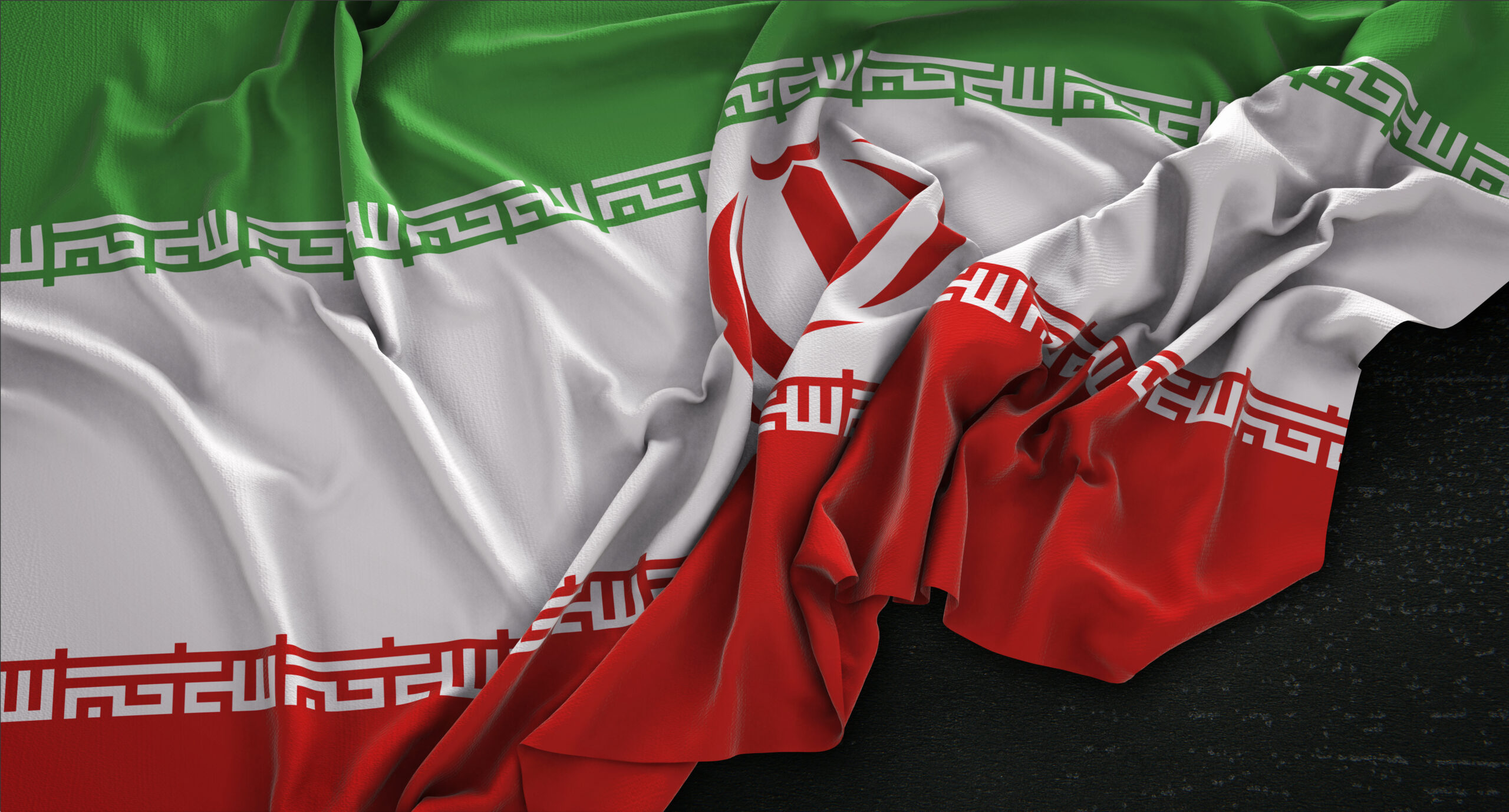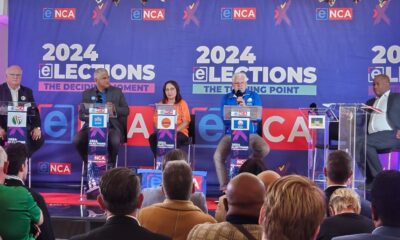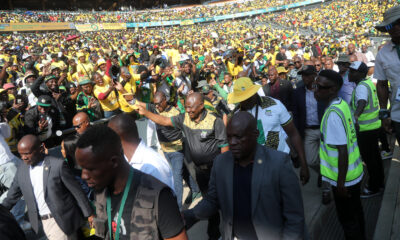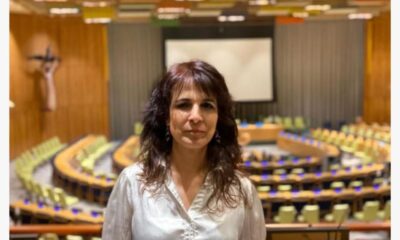
OpEds

ANC’s history of trading foreign policy for cash
The Citizen recently ran a headline asking whether South Africa’s ruling African National Congress (ANC) party was being funded by Iran, and whether such funding might have influenced the country’s decision to bring a genocide case against Israel at the International Court of Justice.
South African readers will be only too aware of the precedent of the 2007 to 2017 “state-capture” era in which ANC officials essentially sold government institutions to corrupt partners.
What they may be less aware of is that the practice of doing so with regard to South Africa’s foreign policy platforms pre-dates the state-capture era by almost 20 years.
In his biography, General Bantu Holomisa recalls a visit to London where Nelson Mandela asked then Prime Minister John Major “for a sum of R10 million [for the ANC]”. Holomisa writes that “when Major ignored the funding request and changed the subject, Madiba wrote me a note in isiXhosa saying, ‘We will get nothing from this man, let’s go.’ The London trip continued to Ireland where, as Holomisa tells it, the same request was put to the Irish Prime Minister who acceded “without demur”.
This was a pattern repeated across the world. But while in Western capitals such requests had mixed results given that most leaders were constrained from simply handing over large sums of cash, it was a different matter when it came to monarchies and dictatorships in the developing world, where such leaders could more easily dip into their state treasuries.
Among the large donations that were reportedly solicited and received by the ANC in the early-to-mid-1990s included from Muammar Gadhafi of Libya ($50 million); Sani Abacha of Nigeria ($50m); Muhammad Suharto of Indonesia ($60m); King Fahd of Saudi Arabia ($50m); and Taiwan ($10m). Many of these donations were simply handed over to the ANC in wads of cash and flown back into the country in briefcases.
Mandela and the ANC were quite open about having received many – though not all – of these donations. The party’s treasurer general acknowledged in a 1997 report that given that “our members’ contributions were and are negligible”, the ANC had “largely depended on friendly countries and institutions for its funds. Most of these donors were in foreign lands.”
In return for such donations, the ANC offered up not just a public association with Mandela’s unrivalled moral prestige but also South Africa’s foreign policy and diplomatic initiatives. This led the new ANC government into many tawdry associations and actions, and bizarre foreign policy stands.
It pursued “quiet diplomacy” on behalf of Abacha in 1994 and 1995, and vigorously sought to prevent the imposition of sanctions against that regime, an approach that blew up in the South African government’s face after Abacha executed Ken Saro-Wiwa and eight other activists during the Commonwealth Heads of Government meeting in November 1995.
In return for their role in funding the ANC, Gadhafi and Suharto were awarded South Africa’s then highest state honour, the Order of Good Hope in 1997. In both cases, too, the ANC government also interceded diplomatically on behalf of those regimes and used South Africa’s influence to shield them from criticism over their lamentable human rights records. In the case of Taiwan, the donation was credited by the Taiwanese with delaying South Africa’s recognition of the People’s Republic of China (PRC) by at least two years, to 1 January 1998.
The ANC’s 1999 election was also reportedly funded by donations from an array of dictatorial foreign regimes, including now the PRC. In 2004, numerous newspapers reported that the ANC had sought and secured funding from Iraqi dictator Saddam Hussein. Voice of America later reported that a United Nations inquiry suggested that “through these illicit exchanges, Iraq hoped to influence the country’s foreign policy in the run-up to the war in Iraq”. Ahead of and throughout the war, South Africa lent considerable diplomatic support to Hussein’s corrupt and criminal regime.
In 2009, the Mail & Guardian reported that Angola and Equatorial Guinea had been added to the roster of the ANC’s dodgy foreign donors ahead of the national elections of that year.
What the collective of these reports, which have all been in the public domain for a long time, speak to is that the ANC has historically sought election funding from foreign partners and then provided diplomatic favours in exchange, regardless of the human rights record, or indeed ideological orientation, of the partner in question.
As the net tightens around what transpired between Pretoria, Tehran, Hamas, and Qatar in the weeks after the 7 October attack, this pattern of behaviour will feature prominently.
- Dr James Myburgh and Dr Frans Cronje are attached to the European based BRE-DE-RE initiative that identifies and counters threats to liberal democracies.











Sidney Peimer
January 25, 2024 at 6:37 pm
But we know that they COULD do it.
The question is, did they do it?
Surely if they did do it, that’s a finding of epic proportions worthy of “hold the front page”.
Jessica
January 30, 2024 at 12:31 pm
Why stop at Iran? Why should the leaders of the celebrated “Struggle Movement” who weep exhibitionistic crocodile tears on the international stage for Hamas-ruled “Palestine”, not financially exploit their cozy decades-long love affair with the communist tyranny of Red China, in order to polish their tarnished image just before the general election and in the eyes of the world?